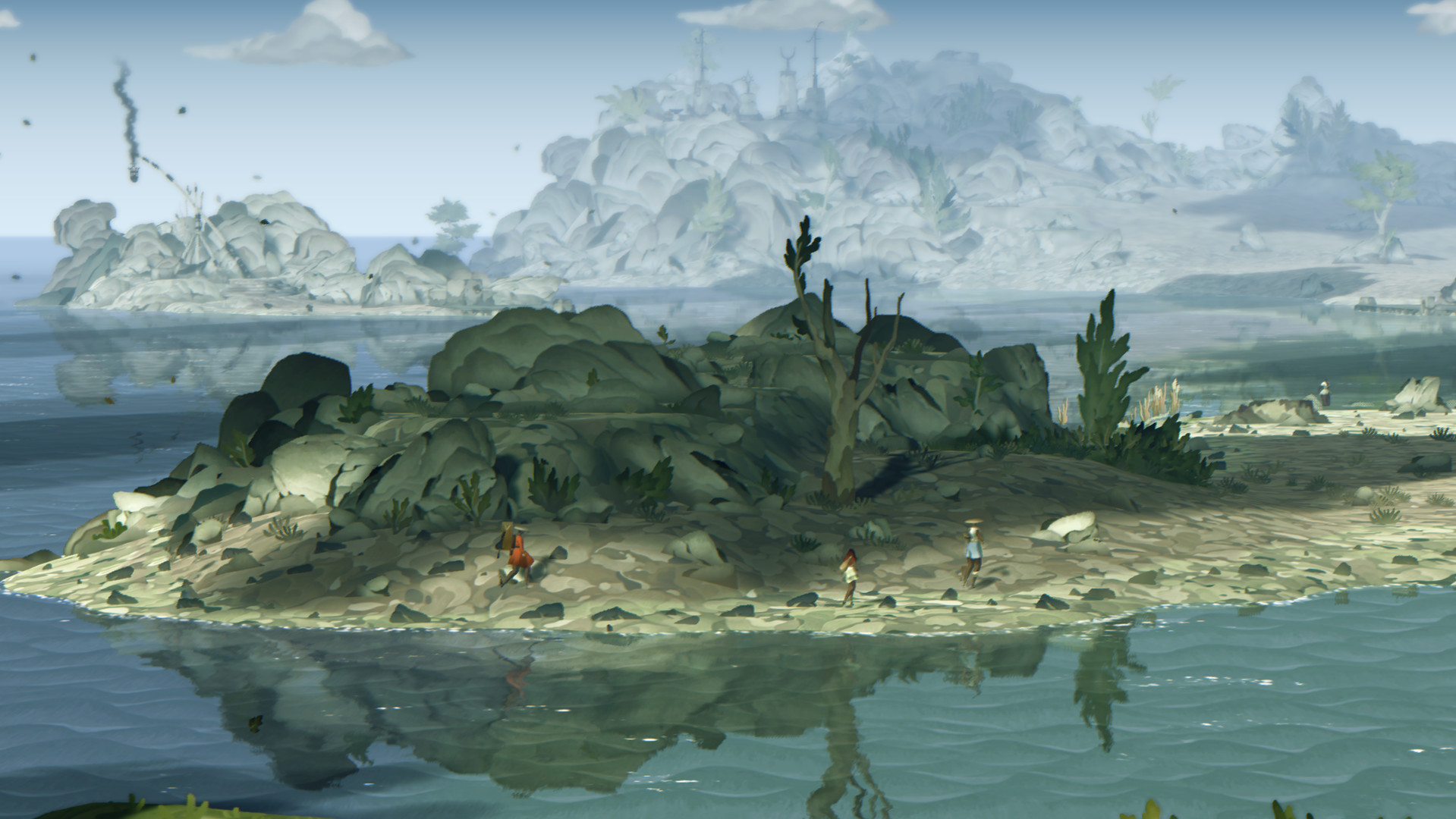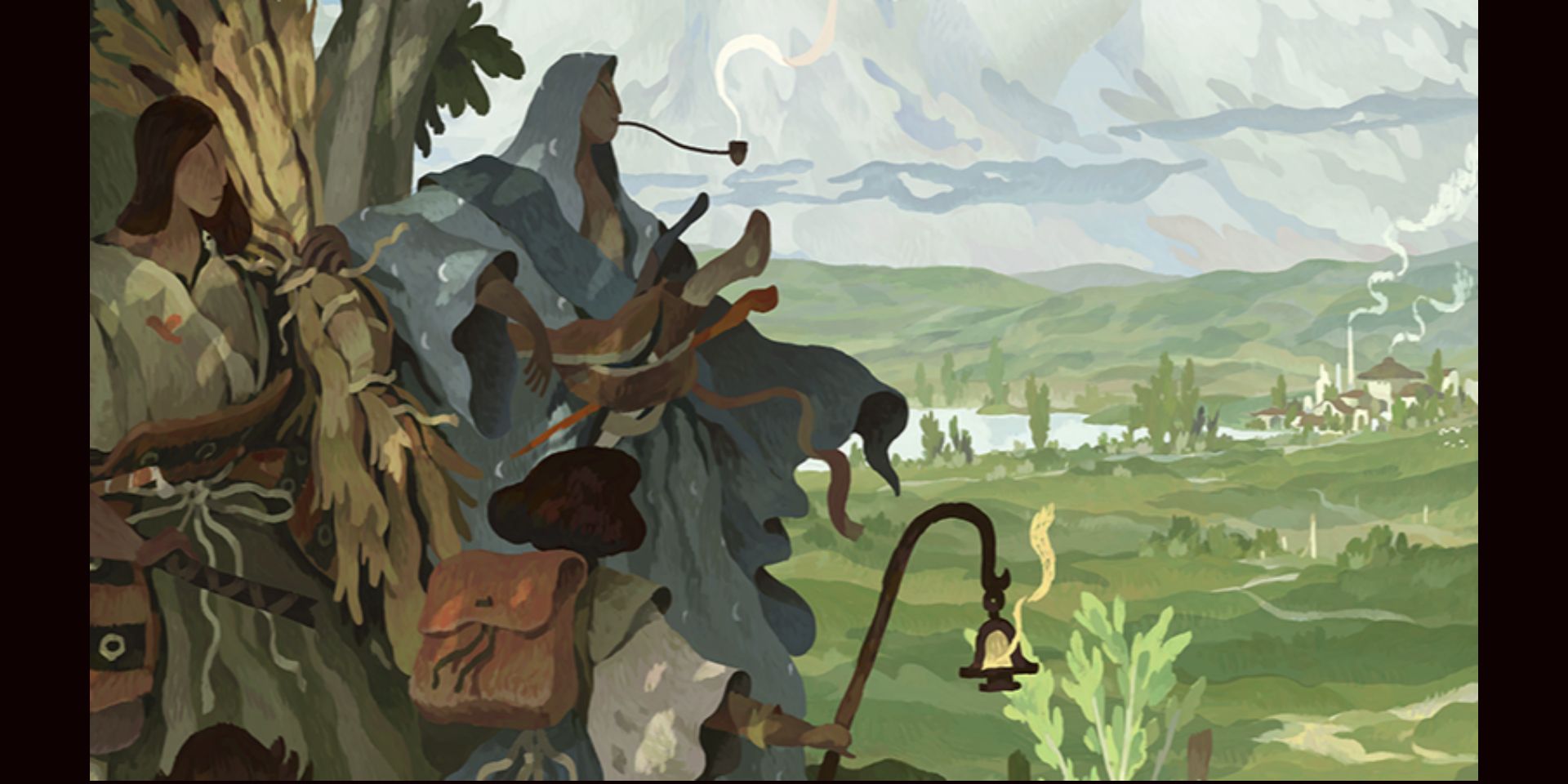
He visited Anatolia, Crimea, Caucasus, Dagestan, Azerbaijan, Iraq, Syria, Palestine, Arabia, Egypt, Greece, Albania, Bosnia-Herzegovina, Macedonia, Bulgaria, Hungary, Romania and Moldova. Then, he traveled across the lands of the Ottoman Empire day and night in company with various statesmen and wrote what he saw.Įvliya Çelebi, who describes himself as a world traveler, wandered every inch of the 17th-century Ottoman geography without missing a single village, town, city, mountain, slope, plateau and plain. After traveling around Istanbul, he made his first travels outside Istanbul to Bursa in 1640.


When he heard from the interpreter of dreams, İbrahim Efendi, that he will be a globe trotter and world traveler traveling was destined to him, he started his travels. When he woke up, Evliya Çelebi had his dream interpreted. Statue of Evliya Çelebi close to the Ottoman Eger Castle in a small memorial park in Hungary. "I kissed the hands of everyone present in the assembly and received each one's blessing." The Prophet smiled and replied, 'My intercession and my travel and my pilgrimage, may God give you health and well-being.' He recited Fatiha, and all the noble Companions recited it after him." As I shamelessly put my lips on that blessed hand, out of awe and dread, instead of saying 'Intercession (şefa'at), O messenger of God!' I said, 'Travel (seyehat), O prophet of God!' And since the pronunciation of 'şefa'at' and 'seyehat' are similar, I said something that I had not intended. As the Prophet rose to his feet in the prayer niche, Sa'd ibn Abi Waqqas at once lay hold of my hand and brought me before him, saying, 'Your loving and faithful servant, Evliya, begs your intercession.' He told me to kiss his blessed hand. The Prophet recited Ya Sin (Sura 36) in the uzzal musical mode with a doleful voice, al-Nasr (Sura 110) three times, and the Mu'avvizeteyn. "… To sum up the dream: I completed my duties according to Sa'd ibn Abi Waqqas's instructions. These soldiers marching with the standard, whose garments are dyed red with blood, are Hamza and all the spirits of the martyrs.' Thus he pointed out to me the entire congregation, one by one." The short-statured man who groups the congregation into rows is Amr Ayyar al-Zamiri. The dark-skinned man at the left wall of the mosque is Bilal the Ethiopian, your patron saint and the caller to prayer of the Prophet. The man in front of the prayer-niche wearing a cap is Uways al-Qarani, the Prophet's brother in this world and the next. Those to the right of the prayer niche are Abu Bakr and Umar those to the left, Uthman and Ali. And these are the spirits of the Companions of the Prophet, the Emigrants (from Mecca), the Helpers (in Medina), the People of the Bench (Arbab-ı Suffa - a group of pietists during the lifetime of the Prophet), the martyrs of Karbala, and the friends. In the row behind them are the spirits of the saints and the pure ones. I kissed his hand and said, 'And who, good sir, are the lovely congregation immersed in light on this right side?'" "'Good sir,' said I, turning to the person beside me, 'please tell me who you are, and what your noble name is?' 'I am one of the 10 Promised Paradise, the patron saint of archers, Sa'd ibn Abi Waqqas," he replied. It seems that I stood motionless at the foot of the pulpit and gazed in astonishment at this congregation with their beaming faces. The door was opened and the light-filled mosque was crowded with a luminous congregation, who were busy performing the dawn prayer. This humble one saw myself in the Ahi Çelebi mosque, near the Yemiş landing - a mosque built with money lawfully acquired, an ancient mosque where prayers are accepted by God.

10, 1630), in a state twixt sleep and wake, that I had a dream. It was the night of Ashura in the month of Muharram, the year 1040 (Aug.

He narrated this dream: "I lay down on the pillow of lamentation, in the corner of my hovel, in my birthplace Istanbul, to a sleep of wish fulfillment.


 0 kommentar(er)
0 kommentar(er)
